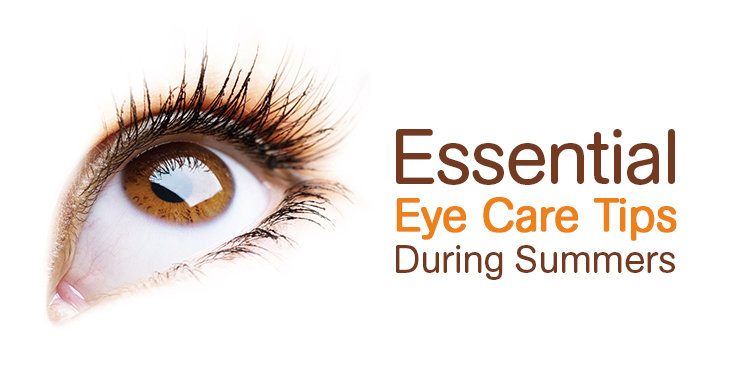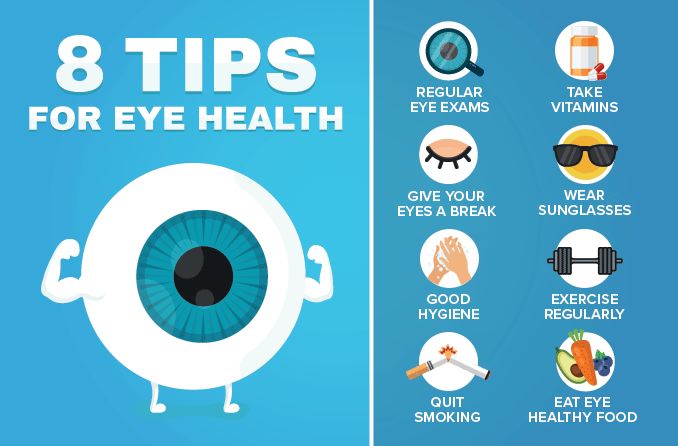Is Refractive Surgical Procedure Right for You? Elements to Take Into Consideration for Better Eyecare
In the realm of eye treatment, the decision to undertake refractive surgery is a substantial one that demands thoughtful factor to consider. As individuals seek quality and freedom from the constraints of rehabilitative lenses, various variables come right into play when identifying the viability of such a treatment. From the intricacies of one's ocular wellness to the intricacies of everyday behaviors and personal expectations, each aspect holds importance in the wider landscape of refractive surgery candidacy. By reviewing these crucial elements with care and precision, a more clear path towards notified decision-making emerges.
Eye Health Examination
When considering refractive surgical treatment, a detailed eye wellness evaluation is important to analyze the suitability of the treatment for each and every person. cardiologist andalusia. This assessment includes a collection of examinations and examinations performed by an eye treatment expert to identify the total wellness of the eyes, the existence of any type of underlying problems, and the stability of the refractive mistake
During the evaluation, numerous aspects are taken into consideration, such as the person's case history, present eye prescription, corneal thickness, student size, and tear movie quality. These analyses assist to identify any type of contraindications to refractive surgery, such as corneal problems, cataracts, or without treatment eye infections. Additionally, the analysis assists to manage person expectations regarding the possible outcomes of the surgery based upon their special eye qualities.
Eventually, the eye health evaluation is necessary in making certain the safety and effectiveness of refractive surgical treatment, as it gives valuable insights into the individual's eye health condition and assists establish one of the most ideal therapy options for achieving optimal visual outcomes. (eye center andalusia)
Way Of Living Analysis
A thorough lifestyle assessment is essential in identifying the suitability of refractive surgical treatment for an individual's visual adjustment needs. Lifestyle aspects such as profession, pastimes, and everyday activities play a vital function in the decision-making process relating to refractive surgical treatment. For circumstances, individuals with professions that include a high level of exercise or direct exposure to ecological aspects may have different visual requirements compared to those with inactive desk jobs. Understanding just how a person's lifestyle might influence their vision post-surgery is crucial for handling expectations and ensuring optimal end results.
In addition, lifestyle practices such as sporting activities engagement, exterior tasks, or even skincare routines can influence the recovery procedure and general success of refractive surgical procedure. By performing a detailed way of life analysis, eye treatment specialists can customize their recommendations and therapy strategies to fulfill the distinct needs of each patient, inevitably leading to enhanced visual outcomes and fulfillment.
Expectation Alignment

Clients need to comprehend that while several people accomplish 20/20 vision Website or much better following refractive surgical procedure, some might still call for glasses for specific activities like reading or driving at night. Taking care of these assumptions assists prevent dissatisfaction and dissatisfaction post-surgery, leading to an extra positive total experience for the individual.
Risk Analysis

Variables that may raise the risk of difficulties include age, specific medical conditions like autoimmune conditions, unsteady vision prescription, slim corneas, and unrealistic individual expectations. Furthermore, picking a skilled and knowledgeable surgeon, complying with pre and post-operative care directions faithfully, and disclosing any kind of relevant case history can assist alleviate risks.
To reduce the chance of complications, eye doctors perform extensive pre-operative evaluations to determine any contraindications to surgical treatment. They likewise review the potential dangers and benefits with people during the consultation procedure. By participating in open interaction and shared decision-making, both the ophthalmologist and the individual can collaborate to establish if refractive surgery is the right choice based on private danger profiles and preferred end results.
Appointment Importance
Considering the important duty of educated decision-making in analyzing risks and potential issues in refractive surgical procedure, the consultation procedure holds substantial importance in leading patients in the direction of optimum results. During the assessment, the ophthalmologist assesses the patient's eye health and wellness, refractive errors, and general suitability for surgery. This first analysis is crucial in determining the most ideal procedure for every person, taking into consideration elements such as corneal density, student size, and existing eye conditions.
In addition, the appointment works as an opportunity for people to discuss their assumptions, issues, and any type of concerns they might have regarding the surgery. Clear interaction in between the doctor and the individual is important to make sure reasonable expectations and a complete understanding of the possible risks and benefits involved.
In addition, the assessment allows the cosmetic surgeon to clarify the different surgical alternatives offered, their corresponding outcomes, and the post-operative treatment called for. This extensive conversation empowers individuals to make educated decisions regarding their eye treatment, leading to much better satisfaction and results post-surgery.
Verdict
To conclude, this page individuals taking into consideration refractive surgery ought to go through a thorough eye health and wellness examination, analyze their lifestyle practices, straighten their assumptions with possible end results, assess the involved dangers, and focus on consultations with eye care professionals. These elements play a critical duty in determining the internet suitability of refractive surgical treatment for every individual, making sure optimum end results and contentment with the treatment.
People considering refractive surgery often have high assumptions pertaining to the outcomes, anticipating excellent vision without the need for glasses or call lenses. While refractive surgery can greatly improve vision and reduce dependence on aesthetic help, it is vital for individuals to recognize that outcomes may vary based on individual factors such as the degree of refractive mistake, corneal density, and general eye health.
By involving in open interaction and shared decision-making, both the ophthalmologist and the patient can function with each other to identify if refractive surgery is the right selection based on specific danger profiles and desired results.
Thinking about the vital role of informed decision-making in evaluating risks and potential complications in refractive surgical procedure, the examination procedure holds considerable significance in directing clients towards optimal results. During the consultation, the eye doctor assesses the individual's eye health and wellness, refractive errors, and overall viability for surgical treatment.